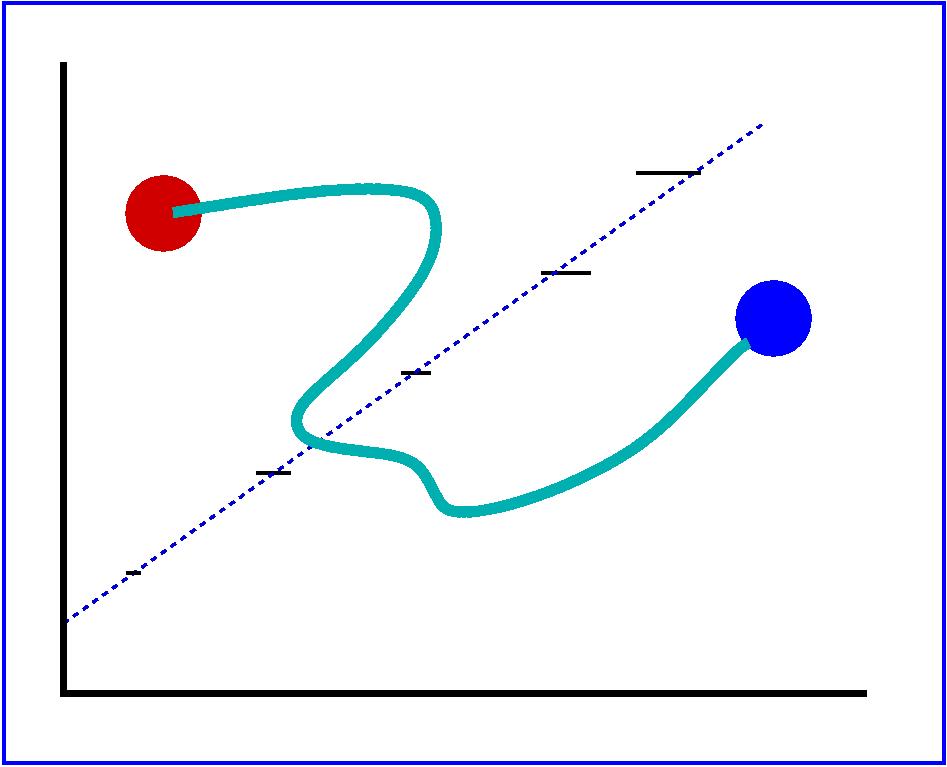
Organizers:
Stanley Brodsky sjbth@slac.stanford.edu
Alfred Mueller arb@phys.columbia.edu
Dam Thanh Son son@phys.washington.edu
(206) 685-9782
Matthew Strassler
(206) 616-9649
Program Coordinator:
Nancy Tate
tate@phys.washington.edu
(206) 685-4286
Online Talks
Preliminary Schedule
Workshop Participants
Lodging
Information
Program
Application Form
Programs
& Workshops
INT Home Page
Originally a candidate for the theory of strong interactions, string theory has long been suspected to have deep connections with QCD. However, only recently has an explicit link between gauge theories and string theories been discovered. A number of confining gauge theories have been found which have well-controlled string-theoretic descriptions. Many non-perturbative phenomena in gauge theory are now open to a new form of direct investigation.
While physical QCD is still beyond the reach of current string theoretic methods, which require the 't Hooft coupling to be large at all energy scales, at the qualitative level many old problems of QCD have been successfully put into a new light. These include confinement, hadron spectra, the Froissart-Martin bound, thermodynamics of hot matter, and the deconfining phase transition. Even phenomena previously thought to preclude any string-theory explanation, e.g., power-law scaling behavior of hadronic cross sections and partonic behavior of deep inelastic scattering, receive new interpretation from the string perspective.
The primary goal of this workshop is to enhance communication between the QCD and string-theory communities, and to accelerate the development of new methodology for QCD based on the recent technical and conceptual advances in string theory. In particular, it is intended to
* Educate QCD physicists about the new methods in string theory, their limitations, and how to use them.
* Educate string theorists about pressing unsolved problems in various areas of QCD.
* Review the main technical results on QCD-like theories that have been obtained using the string-theory/gauge-theory relationship.
* Foster discussion of where future effort ought to be best directed.
* Bridge cross-cultural gaps and offer opportunities for the building of collaborations and working relationships.
Information on the program will be available
soon; pedagogical and review lectures will occupy much of the first two days,
with shorter research-oriented talks on the final days. Speakers will
be specifically asked to aim their talks at an audience which is non-expert
but nonetheless highly sophisticated.
If you would like to attend this workshop, please submit the online application no later than November 30, 2002. We hope to see you in Seattle.
Visa Information:
In the event you are offered financial support, proper visa documentation
is required. If you are not a U.S. citizen or permanent resident, please
contact Linda Vilett (vilett@phys.washington.edu)
so she may advise you about the type of visa you will need in order to be
reimbursed.